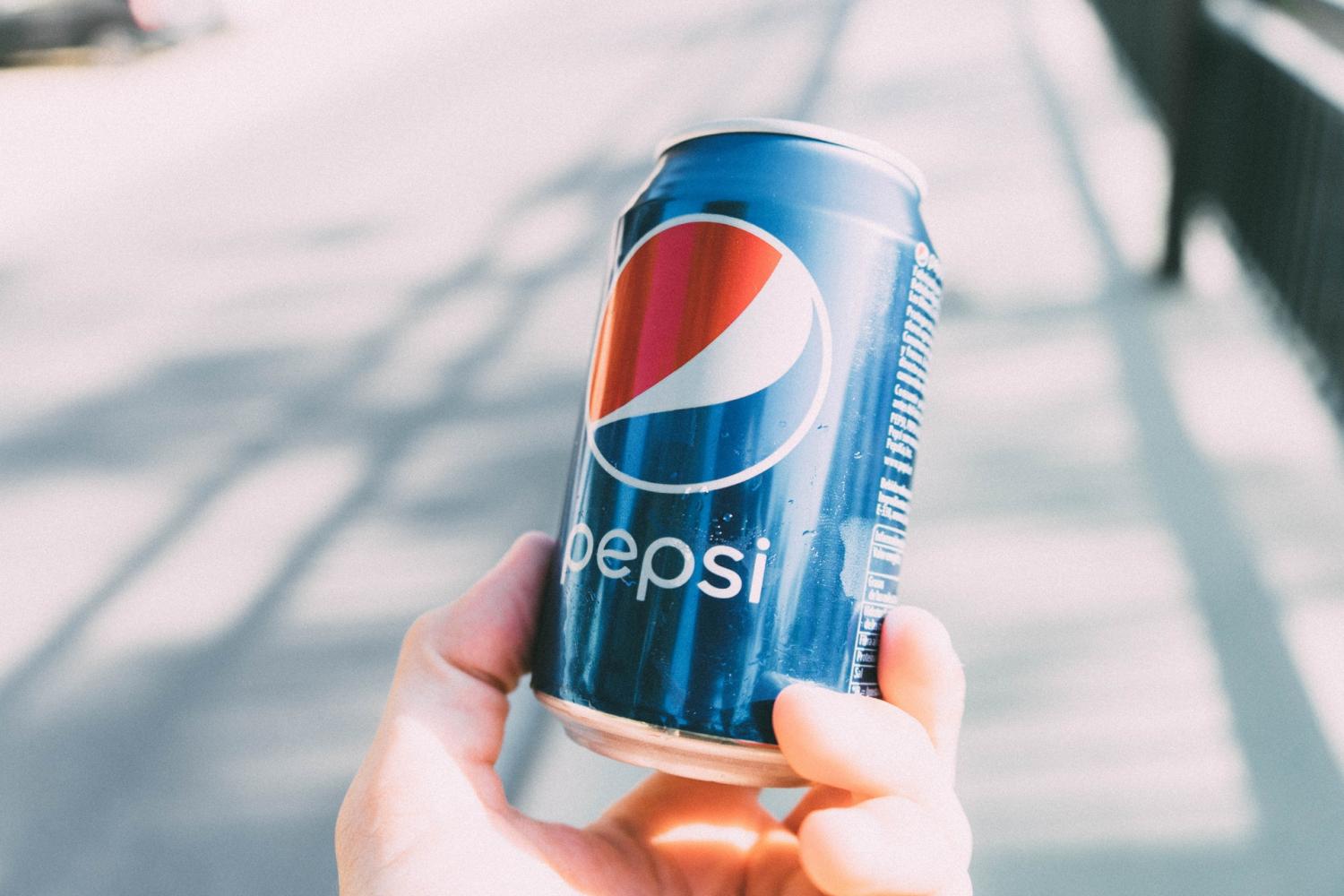
2020 may have been the year of net zero (among other things), but 2021 is shaping up to be a solid year for such corporate commitments, too. For companies following the Science-Based Target initiative’s (SBTi) guidelines, the tackling of such goals can check many boxes for companies seeking to prove to their stakeholders that they are serious about their sustainability strategies, especially with the Paris Agreement inhaling new life now that a presidential administration more serious about climate action steps in this Wednesday.
Beverage companies, whether they are purveyors of booze or fizzy drinks, face several huge challenges. The world’s largest companies in this sector have a huge global presence. They are also procuring and shipping a lot of materials that have either a huge environmental impact (plastic) or are heavy to haul around (glass). Plus, the products they ship are mostly water by weight. Then, of course, the transportation emissions can’t be overlooked. Neither can the energy consumed along the value chain, from moving that water in the first place to the energy required to keep the lights on at bottling plants, distilleries and retail locations.
To that end, PepsiCo is the latest beverage (and food) giant to face those hurdles as it boards the net-zero train.
Many companies that say they are working on a long-term net-zero strategy do so with vague promises of emission reductions and “partnering” with their suppliers to work on their environmental footprint. But PepsiCo appears to have a vision that accounts for the roadblocks ahead: This is a company, after all, that is in just about every nation and territory on earth and employs more than a quarter of a million people worldwide.
So, PepsiCo says it’ll take on a net-zero agenda by approaching it from several angles: revamping its agriculture supply chain, reducing its consumption of virgin plastic, changing how it approaches product design and shifting more of its global operations from using conventional energy to renewables. The overarching goal is to reduce its absolute greenhouse gas emissions by 40 percent by 2030.
PepsiCo’s announcement follows that of Coca-Coca European Partners (CCEP), the $14 billion company that bottles and sells Coke-branded products across Western Europe. CCEP has a similar goal to slash emissions by 2030 and be net zero by 2040 — and it says it will spend about $300 million in undertaking this effort over the next few years.
Another beverage company with a large presence in Europe, Suntory, has also said it will start to lay out plans enabling it to become net zero before mid-century. Nestlé, which has plenty of beverages within its brand portfolio, is another company with a net-zero plan that includes focusing on agriculture, forests and the deployment of renewables.
Image credit: Martin Péchy/Pexels

Leon Kaye has written for 3p since 2010 and become executive editor in 2018. His previous work includes writing for the Guardian as well as other online and print publications. In addition, he's worked in sales executive roles within technology and financial research companies, as well as for a public relations firm, for which he consulted with one of the globe’s leading sustainability initiatives. Currently living in Central California, he’s traveled to 70-plus countries and has lived and worked in South Korea, the United Arab Emirates and Uruguay.
Leon’s an alum of Fresno State, the University of Maryland, Baltimore County and the University of Southern California's Marshall Business School. He enjoys traveling abroad as well as exploring California’s Central Coast and the Sierra Nevadas.














